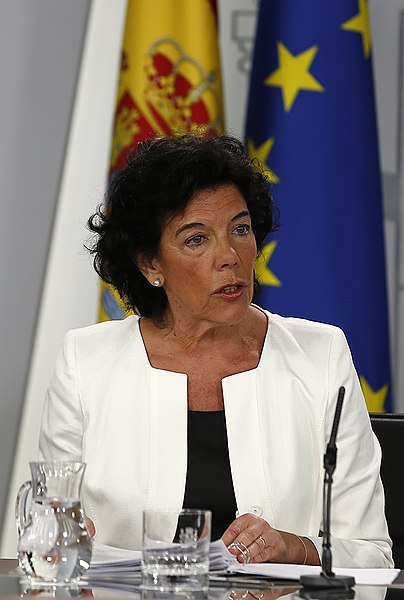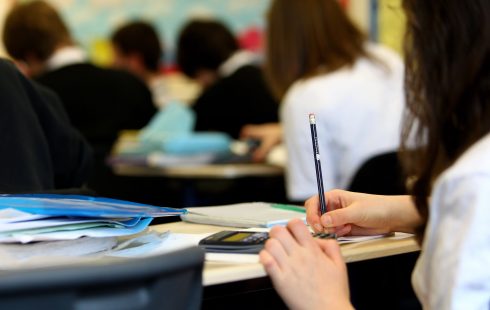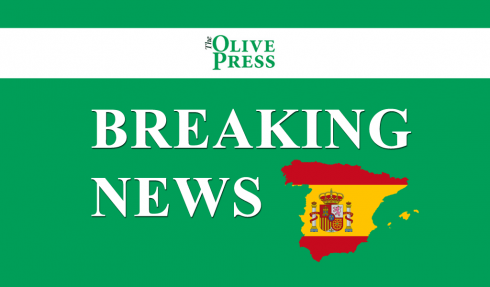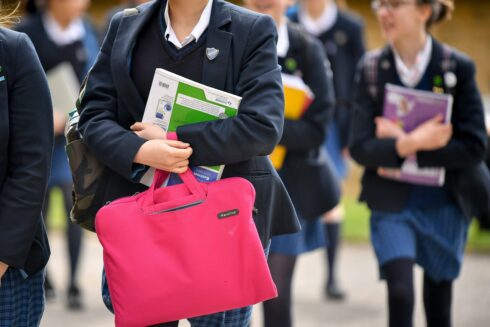SPANISH Education Minister Isabel Celaa has announced that the school year will not go beyond June and in the summer there will be several voluntary activities.
The course will end in June and, with few exceptions, the ‘general rule’ will be that all students in early education, primary, secondary and the first year of pre-university studies, will get a passing grade this academic year.
It has not been clarified whether the students will be able to return to the classrooms before the end of the school year.
Over eight million non-university students have been affected by the closure of the centres when the state of alarm was declared, of which an estimated 10% do not have access to the technology required to do the online coursework from home.

Educators have expressed concern that students in families with no access to technology may get left behind due to the lack of resources increasing the risk of dropping out of the system.
The priority is that students do not ‘lose’ the school year and can continue advancing in their studying, especially those most vulnerable students.
For this end, measures will be taken to make the curriculum and teaching programmes more flexible.
- Teaching activity will be adapted to the circumstances, with special effort to cater to students with limited access to technology; also to students with special educational needs.
- The third term will cover remedial work, revision and reinforcement with flexible activities.
- Voluntary activities will be organised in summer, combined with recreational activities, but there will be no official teaching activity.
- Spanish authorities have decided that all students will automatically get a passing grade this academic year. Grades will be based on how well students progressed during the first two terms.
- The national university entrance exams will be simplified this year to take into consideration the unprecedented situation.
“We must focus on essential learning, taking care not to overload the students with excessive tasks.” Celaa said. “We will use the third term for remedial work, revision and reinforcement with flexible activities.”
As stated on social media: “Pressing for students to return to the classroom is not the solution… Working in coordination with the Autonomous Regions to reach an agreement that gives certainty to families and students is what we are doing from the Government.”
The end of the confinement period for Spanish children is yet to be announced.
Child psychiatrist Jose Luis Pedreira, member of the advisory council of the Ministry of Health, has been designated to coordinate, with a team of eight experts, the end of the confinement period for Spanish children.
“It is a very complex situation, and we need to go step by step,” he said in an interview with El Pais. Safety distances must be ‘respected’ and always in the company of an adult who takes responsibility for the outing.








